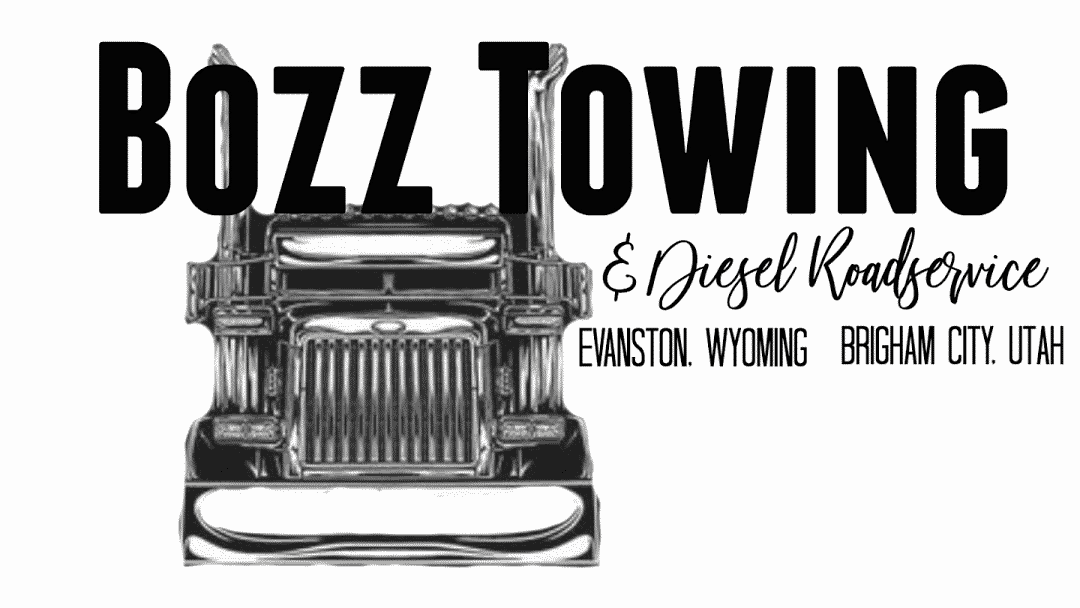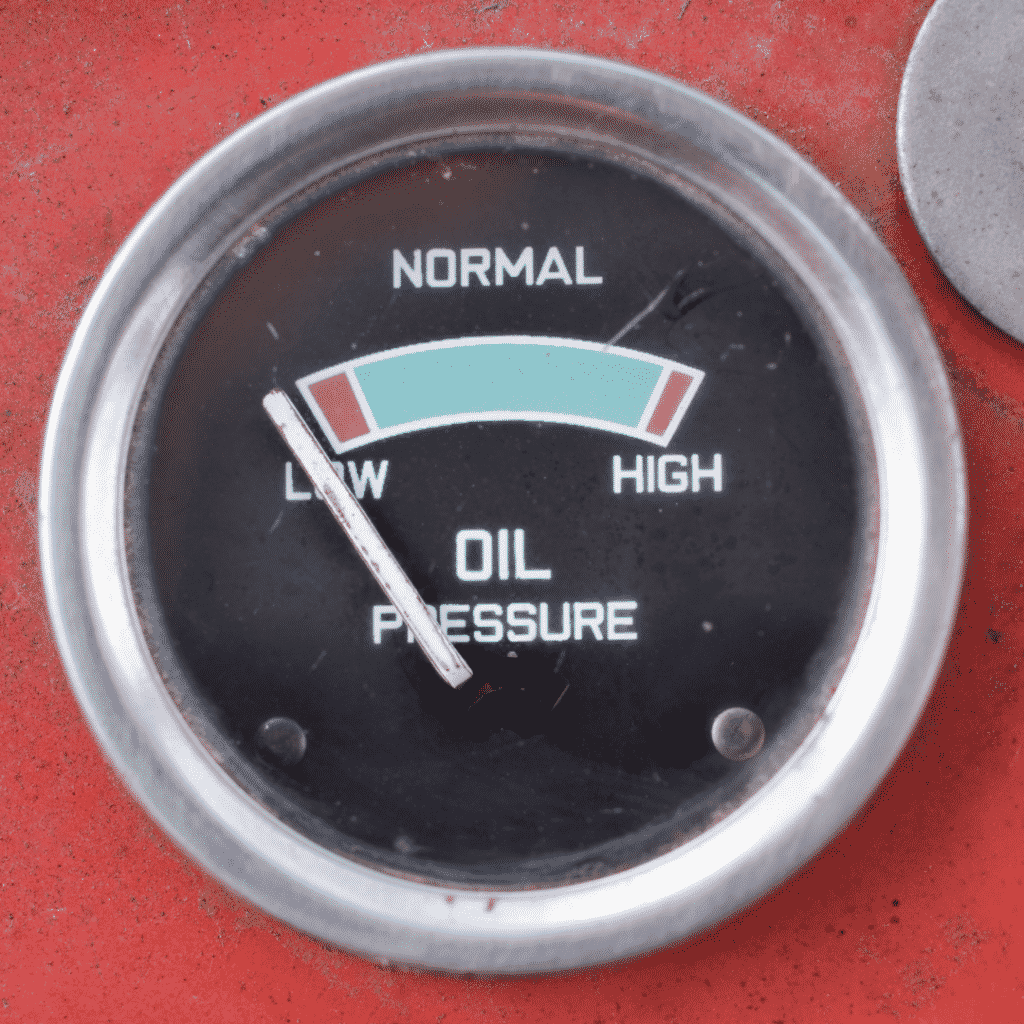No one likes to see the low oil pressure light come on in their truck. It’s not only a warning that something is wrong, but it can also be an indication that your engine performance is in trouble. So, what causes low oil pressure in a diesel engine and how can you prevent it? Keep reading to find out!
What are some common causes of low engine oil pressure in a diesel engine?
Like any vehicle engine, your diesel engine has a number of moving parts that need to be lubricated by oil. If there’s not enough oil in the system, or if the oil isn’t flowing properly, it can lead to low oil pressure.
Some common causes of low oil pressure in a diesel engine include:
- Insufficient oil level: This is one of the most common causes of low oil pressure. Make sure you check your engine’s oil level regularly and keep it topped up.
- Clogged oil filter: A clogged or blocked oil filter can prevent the oil from flowing freely through the system, leading to a low oil pressure problem.
- Worn out oil pump: If the oil pump is worn out or damaged, it may not be able to properly circulate oil throughout the engine, resulting in low oil pressure.
- Defective oil pressure gauge: Though the oil pressure warning light may be on when there is a sufficient oil level and no other issues are detected, there may be a defect in the sensing unit within the mechanical gauge.
- Leaking or damaged seals: Leaky or damaged seals can allow an oil leak to escape from the system, leading to low oil pressure.
- Too high or low viscosity: If the oil is too thick or too thin, flow through the engine properly and cause low oil pressure or high oil pressure.
- Contaminated oil: If the oil is contaminated with water, dirt, or other debris, it can cause low oil pressure.
- Improper bearing clearance: If the main bearing is too loose, it will not be properly lubricated by the oil, leading to low oil pressure.
- Engine oil bypass valves are open: Lower engine oil pressure can be caused by the bypass valves in the engine being set to “Open.” The reason for open bypass valves is almost always debris in the engine oil.
- Engine wear: Excessive wear, especially if the engine has a lot of miles on it, reduces the original oil flow restriction and lowers pressure over time.
Though these are not the only potential causes, they are some of the most common. If you’re experiencing low oil pressure in your diesel engine, it’s important to have it checked out by a professional as soon as possible to avoid further damage.
How can you tell if your engine has low oil pressure, and what should you do?
There are a few ways to tell if your engine has low oil pressure. One of the most obvious signs is the low oil pressure light on your dashboard. Other symptoms to look out for include:
- Loss of power – If your engine isn’t getting the oil it needs, it may not be able to produce the power it normally does. This can cause a loss of acceleration and difficulty climbing hills.
- Smoke from the tailpipe – If there’s not enough oil to lubricate the engine, it may start to run too hot. This can cause the engine to produce black or blue smoke from the tailpipe.
- Engine noise – If the engine is running without enough oil, it may make a loud knocking or rattling noise.
- Overheating engine – If the engine is running without enough oil, it may also overheat.
- Incorrect oil viscosity – If the oil is too thick or too thin, it may cause low oil pressure.
- Bad oil pump – A damaged or worn-out oil pump can cause low oil pressure.
If you’re experiencing any of these symptoms, it’s important to stop driving your truck and have it checked out by a professional immediately. Thus, failing to do so could cause further damage to your engine.
What are the consequences of running an engine with low oil pressure?
If you continue to run your engine with low oil pressure, it can cause serious and irreversible damage. Some of the consequences of running an engine with low oil pressure include:
- Seized engine – If the engine seizes, it will no longer be able to run. This can be caused by a lack of lubrication. This can lead to parts of the engine rubbing together and breaking.
- Compressed valves – If the oil pressure is low, the valves may not have enough time to fully close before the piston comes back up. This can cause the valves to become bent or damaged.
- Worn out bearings – The bearings in an engine are what allow it to run smoothly. Without sufficient lubrication, they can become worn out and damaged.
- Damage to the oil pump – If the oil pump isn’t working properly, it can cause damage to the engine.
All of these consequences can be expensive to repair or replace. In some cases, the damage may be so severe that the engine needs to be completely replaced.
How can you prevent low oil pressure from happening in your diesel engine?
There are a few things you can do to help prevent low oil pressure from happening in your diesel engine:
- Check the oil level regularly. One of the best ways to prevent low oil pressure is to make sure the oil level is where it should be. Check it regularly and top it off if necessary.
- Use the correct weight of oil. Using the incorrect weight of oil can lead to low oil pressure. Make sure you’re using the type of oil recommended for your engine.
- Install a warning system. Install a warning system that will let you know when the level is getting low.
Thus, by following these tips, you can help prevent low oil pressure from happening in your diesel engine.
Need an Oil Change on the Go? Call Bozz Towing & Diesel Roadside
If you are experiencing any of the symptoms of low oil pressure, it is important to take action. Ultimately, running your engine with low pressure causes extensive damage and can also lead to a costly repair bill.
At Bozz Towing, we want to help you avoid these problems by providing quality diesel engine services. Contact us today for more information or to schedule an appointment. We look forward to helping you keep your engine running smoothly!

